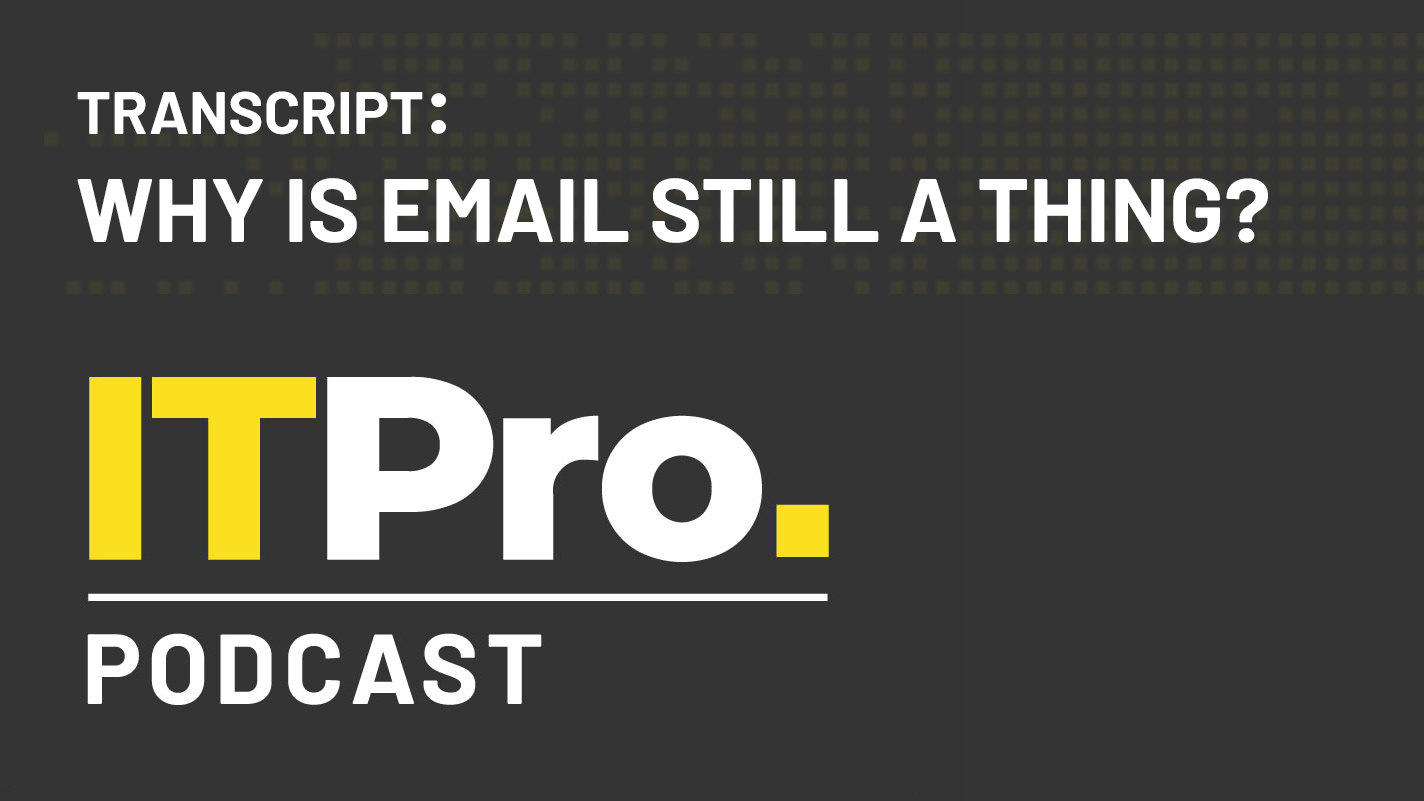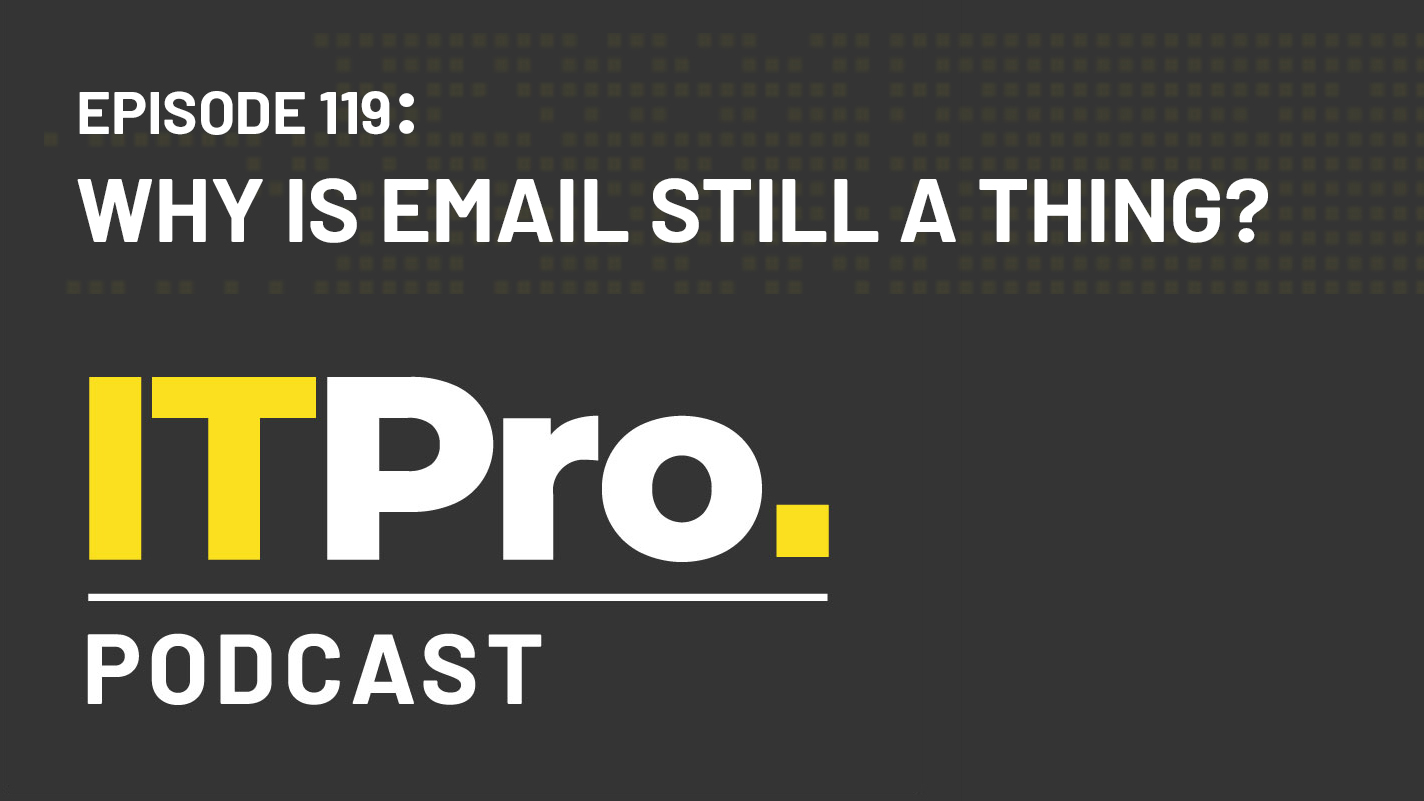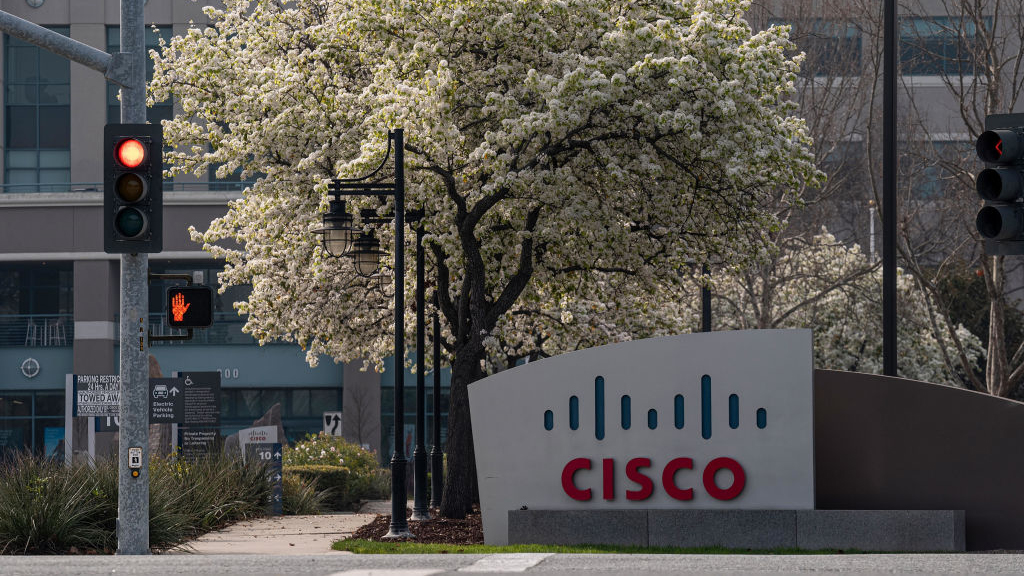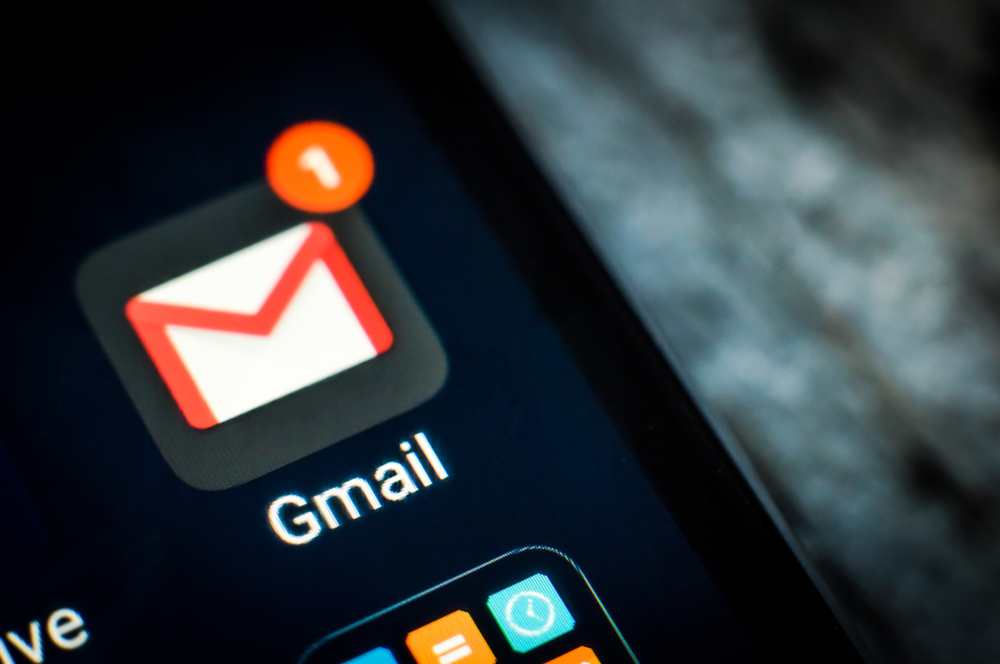Millions of legitimate emails getting blocked by ISPs
Internet service providers (ISPs) are blocking millions of legitimate emails, an email delivery company has claimed.

As the war against spam heats up, internet service providers (ISPs) are blocking millions of legitimate emails every day.
The worst hit are social networks. More than a quarter (27 per cent) of Friends Reunited's emails, for example, were bulk blocked by ISPs in May, according to email delivery company Return Path.
"About one in five commercial permission-based emails are being blocked globally, and 15 per cent in Europe are blocked because ISPs are treating them as spam," Margaret Farmakis, senior director of response consulting for Return Path, told sister title PC Pro. "I wouldn't be able to say if it was millions or billions, but it is countless."
"We're not talking about spam, these are emails that people have asked to receive, but that are being treated like spam," she added. "It doesn't effect one-to-one emails, but a lot of marketing emails and communications from social networks, for example, are never delivered to the end user."
According to Return Path, email is often caught in the spam trap because some end users flag emails as unsolicited when actually they have just got bored of receiving emails from a company. If a company receives too many spam reports around one per cent of mails from any one company then all emails from that company are tarred with the same brush.
Social networks are increasingly falling into ISPs' spam filters because of the way subscribers sign up to the services, with networks often suggesting that users import email address books.
Return Path said emails from social networks were twice as likely to be caught up in the ISP bulking traps than mails from other industries.
Get the ITPro daily newsletter
Sign up today and you will receive a free copy of our Future Focus 2025 report - the leading guidance on AI, cybersecurity and other IT challenges as per 700+ senior executives
"The practice of importing loads of addresses can have an impact," said Farmakis. "Effectively you are sending a lot of emails to people who haven't asked for them, and some of those email addresses could be really old, which might be out of use or being used as spam traps. It can be risky."
Despite the high number of false positives, Farmakis refused to blame ISPs for the wrongly blocked missives, saying that some legitimate emails were inevitably going to be caught in the crossfire.
"Between 97 per cent and 98 per cent of all email is spam," she said. "ISPs have to weed through it and try and discover what they should deliver and when they should protect their end users from spam. It's like they're fishing and if a company's email looks too much like spam they get caught up in the net."
-
 Bigger salaries, more burnout: Is the CISO role in crisis?
Bigger salaries, more burnout: Is the CISO role in crisis?In-depth CISOs are more stressed than ever before – but why is this and what can be done?
By Kate O'Flaherty Published
-
 Cheap cyber crime kits can be bought on the dark web for less than $25
Cheap cyber crime kits can be bought on the dark web for less than $25News Research from NordVPN shows phishing kits are now widely available on the dark web and via messaging apps like Telegram, and are often selling for less than $25.
By Emma Woollacott Published
-
 The role of ISPs in the connected world now and in the future
The role of ISPs in the connected world now and in the futureSupported Content The role of the ISP has grown precipitously as the world becomes increasingly reliant on staying connected, but they must now adapt to changing times…
By Solomon Klappholz Published
-
 Podcast transcript: Why is email still a thing?
Podcast transcript: Why is email still a thing?IT Pro Podcast Read the full transcript for this episode of the IT Pro Podcast
By IT Pro Published
-
 The IT Pro Podcast: Why is email still a thing?
The IT Pro Podcast: Why is email still a thing?IT Pro Podcast Despite a proliferation of newer collaboration platforms, email stubbornly refuses to go away
By IT Pro Published
-
 Cisco patches bug that could break its email security service with a single message
Cisco patches bug that could break its email security service with a single messageNews A carefully crafted email could freeze Cisco's Email Security Appliance interface and stop it processing messages
By Danny Bradbury Published
-
 Google targets phishing with full BIMI email logo authentication support
Google targets phishing with full BIMI email logo authentication supportNews Gmail will tie logos to DMARC authentication
By Danny Bradbury Published
-
 How to sign off an email professionally
How to sign off an email professionallyTutorials Your email signoff can make or break your business’ communication
By Sarah Brennan Published
-
 ISPs forced to ditch 'misleading' broadband adverts
ISPs forced to ditch 'misleading' broadband advertsNews Speeds can only be advertised if they are available to 50% of customers
By Dale Walker Published
-
 TalkTalk branded worst broadband provider by Which?
TalkTalk branded worst broadband provider by Which?News Sky and BT both also fared badly in the company's twice-yearly survey
By Clare Hopping Published